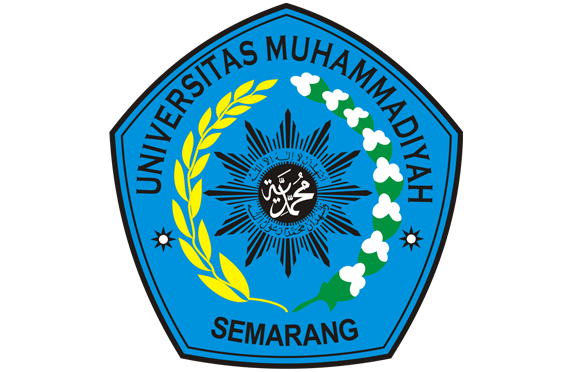The government is making efforts to enhance the quality of education through various policies, one of which is expediting the teacher certification process. Deputy Minister of Religion, Romo HR Muhammad Syafi’i, revealed that the government plans to complete the certification of all madrasah and pesantren teachers within two years, if possible. This step aims to ensure that every teacher holds a valid certification as proof of their competence in education.
In addition to certification efforts, attention to teacher welfare is also a primary focus of the government. President of the Republic of Indonesia, Prabowo Subianto, has repeatedly emphasized his commitment to seriously addressing the education sector, including improving the welfare of teachers.
The certification of non-civil servant teachers is an important issue that needs immediate resolution. Currently, there are more than 500 thousand non-civil servant teachers who have yet to be certified. The gradual certification process, certifying only 50 thousand teachers per year, is deemed too slow and requires acceleration. The Deputy Minister of Religion requested that the certification process no longer be done gradually but completed within two years. This is expected to create opportunities for more non-civil servant teachers to obtain certification and recognition of their competencies, ultimately enhancing the quality of teaching in madrasahs and pesantrens.
To expedite the certification process, the Ministry of Education and Culture (Kemendikdasmen) and the Ministry of Religion (Kemenag) have collaborated to design a program allowing religion teachers in public schools and general teachers in madrasahs to undergo the Teacher Professional Education certification (PPG). This collaboration aims to create a scheme that provides equal opportunities for these teachers to participate in PPG. Therefore, Kemendikdasmen and Kemenag will gather data on the number of these teachers as an initial step to design a more efficient and fair scheme.
One crucial consideration is determining the party responsible for financing and training these teachers. It is likely that Kemendikdasmen will cover the training costs for teachers in public schools, while Kemenag will organize training for religion teachers, given their specialization in that field. Further discussions on this matter are ongoing to ensure the smooth implementation of PPG in accordance with the teachers’ needs.

